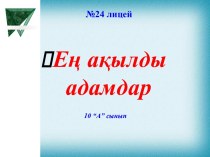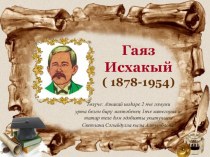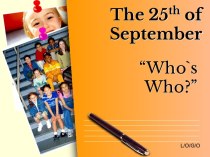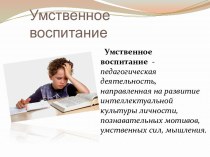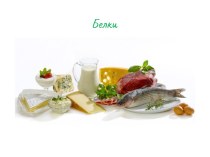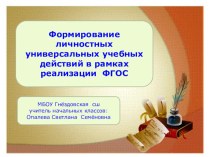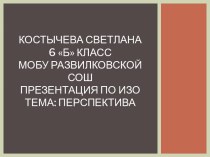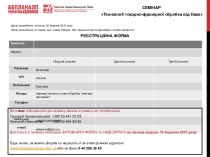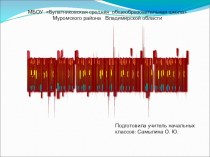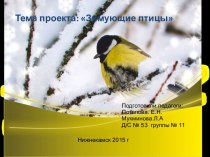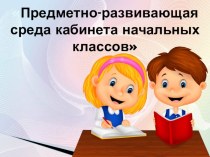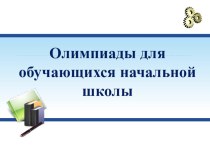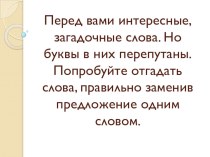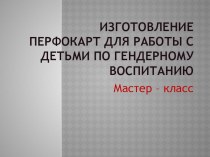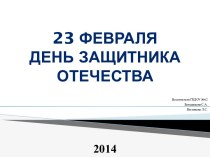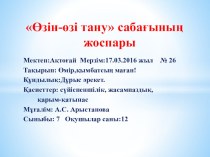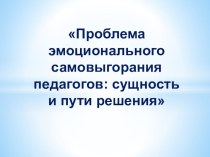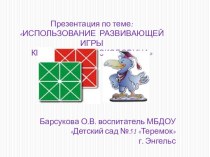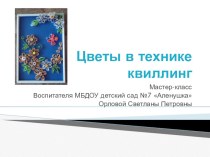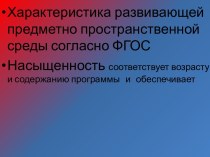- Главная
- Разное
- Бизнес и предпринимательство
- Образование
- Развлечения
- Государство
- Спорт
- Графика
- Культурология
- Еда и кулинария
- Лингвистика
- Религиоведение
- Черчение
- Физкультура
- ИЗО
- Психология
- Социология
- Английский язык
- Астрономия
- Алгебра
- Биология
- География
- Геометрия
- Детские презентации
- Информатика
- История
- Литература
- Маркетинг
- Математика
- Медицина
- Менеджмент
- Музыка
- МХК
- Немецкий язык
- ОБЖ
- Обществознание
- Окружающий мир
- Педагогика
- Русский язык
- Технология
- Физика
- Философия
- Химия
- Шаблоны, картинки для презентаций
- Экология
- Экономика
- Юриспруденция
Что такое findslide.org?
FindSlide.org - это сайт презентаций, докладов, шаблонов в формате PowerPoint.
Обратная связь
Email: Нажмите что бы посмотреть
Презентация на тему Practical lesson #10
Содержание
- 2. Key special wordsreading and writing skills, reading
- 3. Answer the questions:Do you like reading?What is
- 4. Assignments Translate the key words of practical
- 5. What can you do to develop as
- 6. What are principles of educational process?Principle of
- 7. What are forms of organizing educational process?There
- 8. Questions:What traditional methods of teaching do you
- 9. Six thinking hatsdeal with – иметь делоWhite
- 10. Read tongue twisters as fast as you
- 11. Read tongue twisters as fast as you
- 12. Alice in Wonderland (2010)Watch a film and write down 20 words from it. Translate them.
- 13. Answer the questions (written)Who wrote ‘Alice in
- 14. Cheshire cat. It is a smiling cat.
- 15. AliceAlice is a young woman. She has
- 16. Choose one of the characters and create it (paint, draw, sculpture, etc.)
- 17. Red Queen
- 18. Do you like it?What is this story
- 19. Didactic cinquainStructureTopic2 describing adjectives3 verbsYour opinion (4
- 20. Скачать презентацию
- 21. Похожие презентации
Key special wordsreading and writing skills, reading strategies, storytelling, ask questions, answer, skimming and scanning, writing strategies, dictation, essay, Russian, Kazakh, English language, written speech, literary reading, ABC, letter, sound, word, sentence, paragraph, text, capital letter,
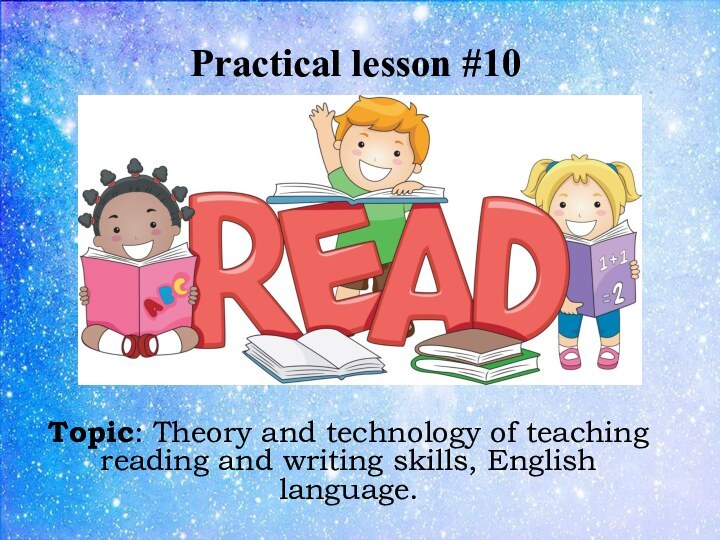
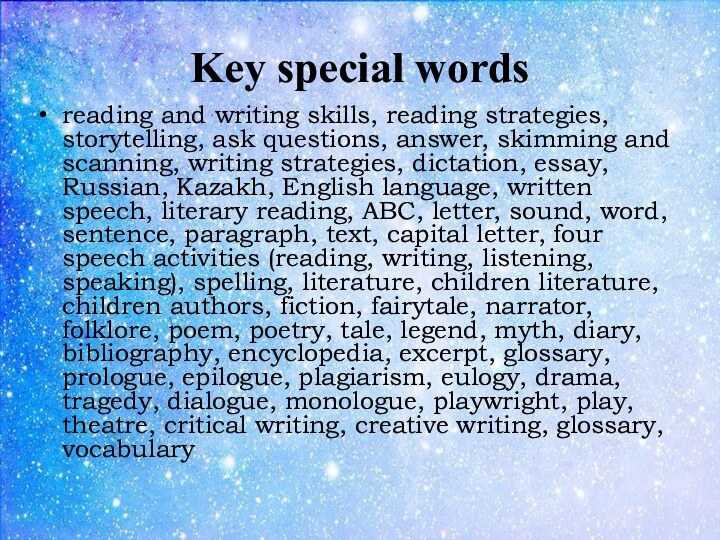
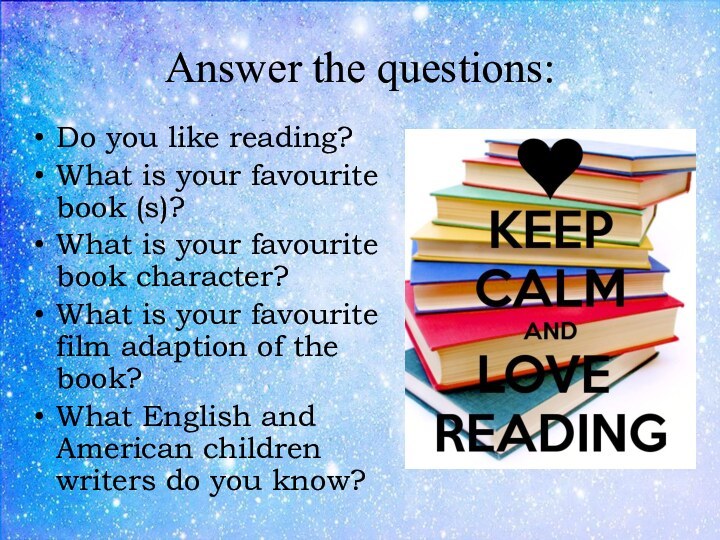
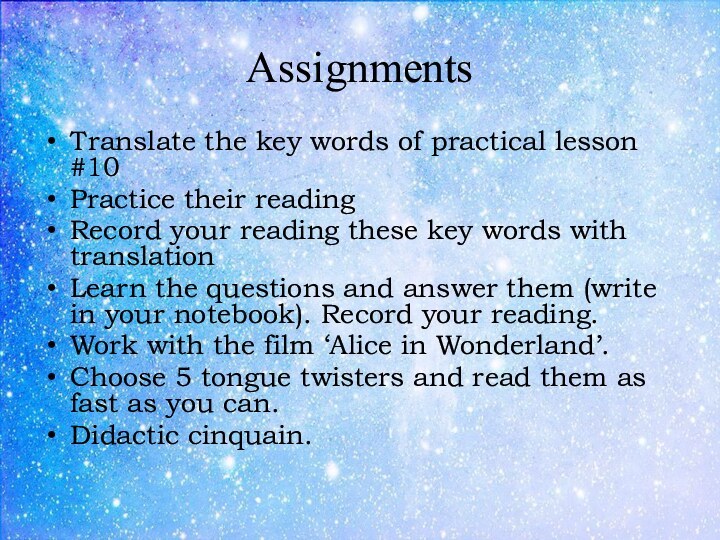
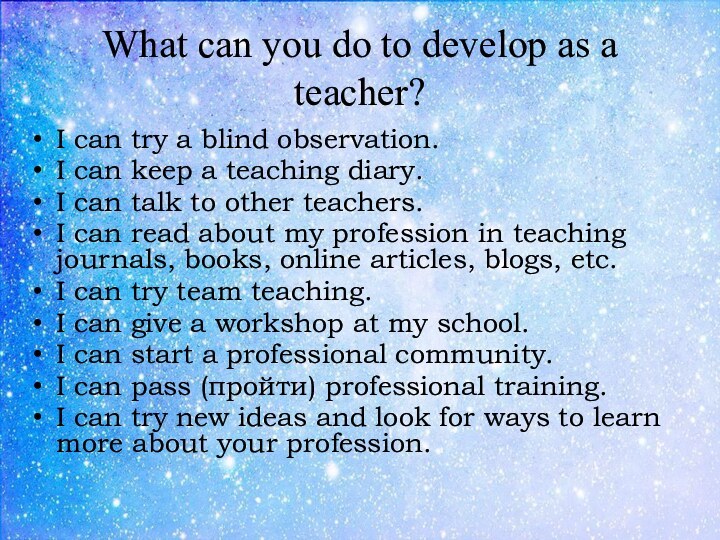
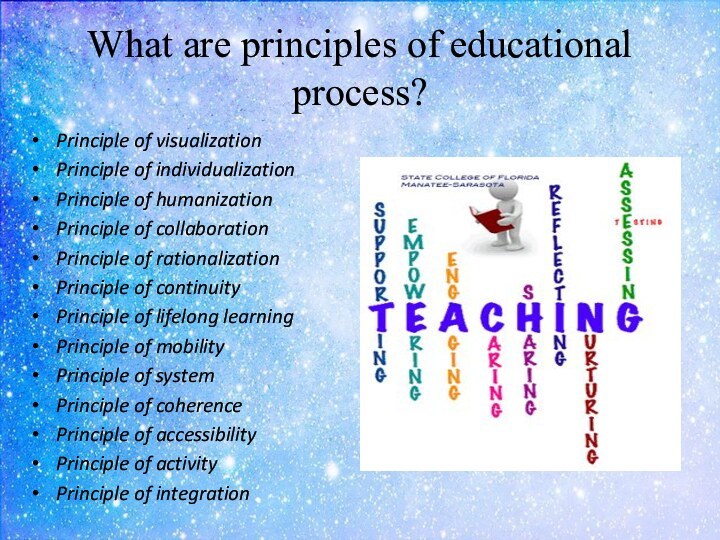
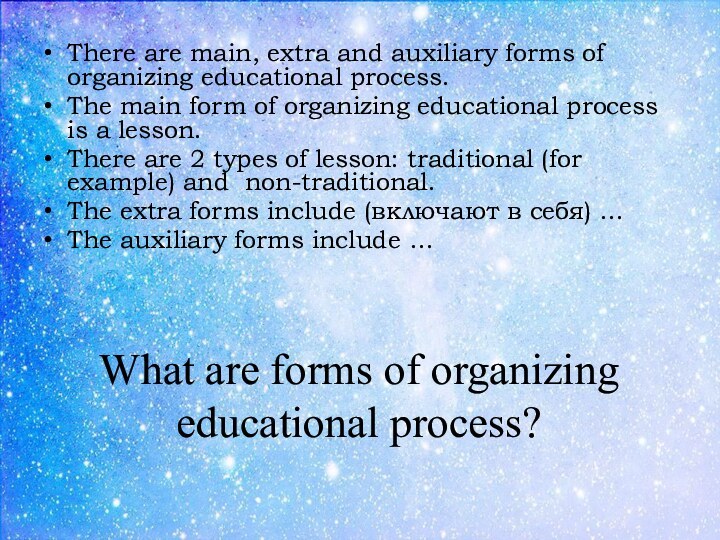
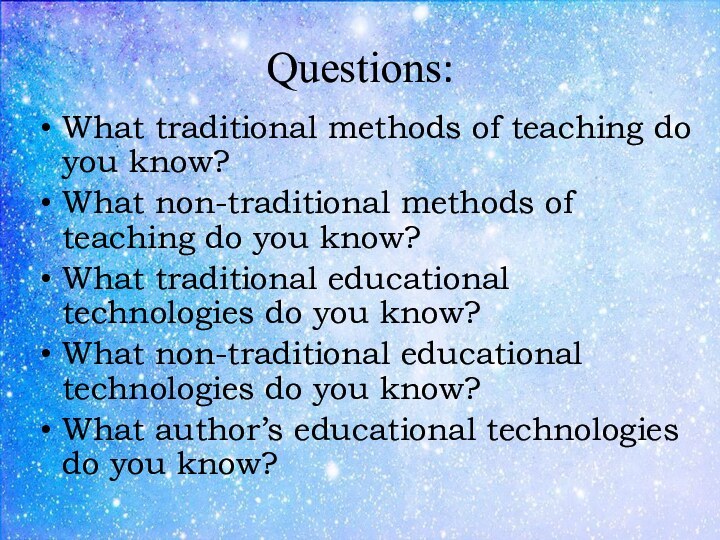
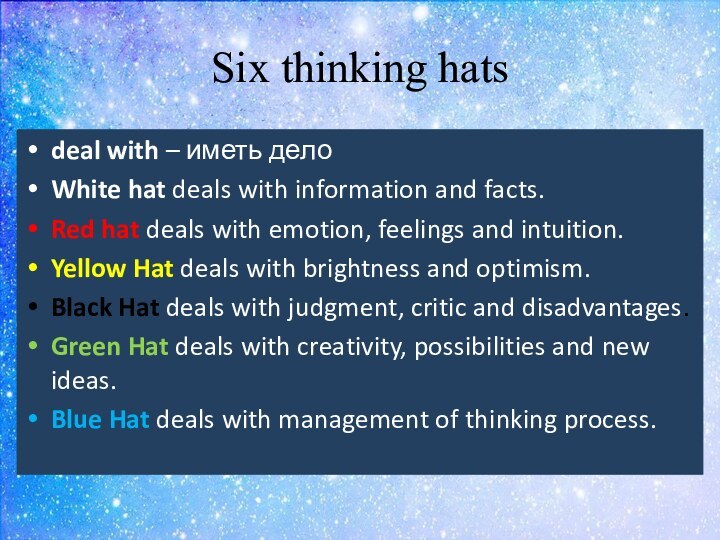
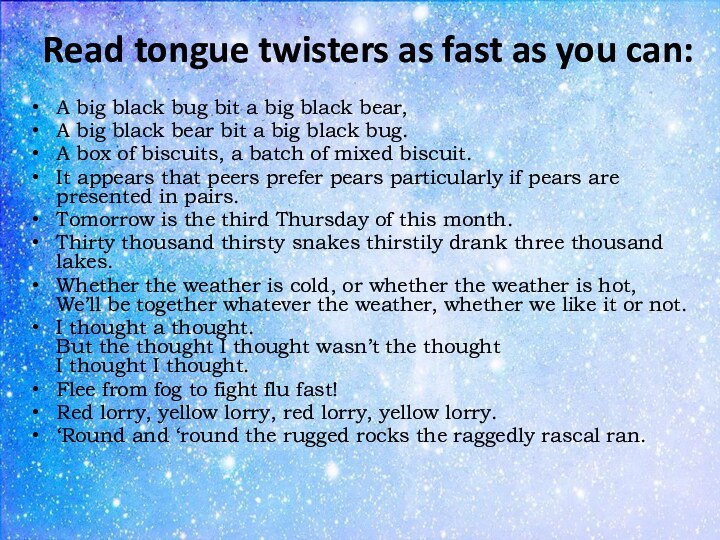
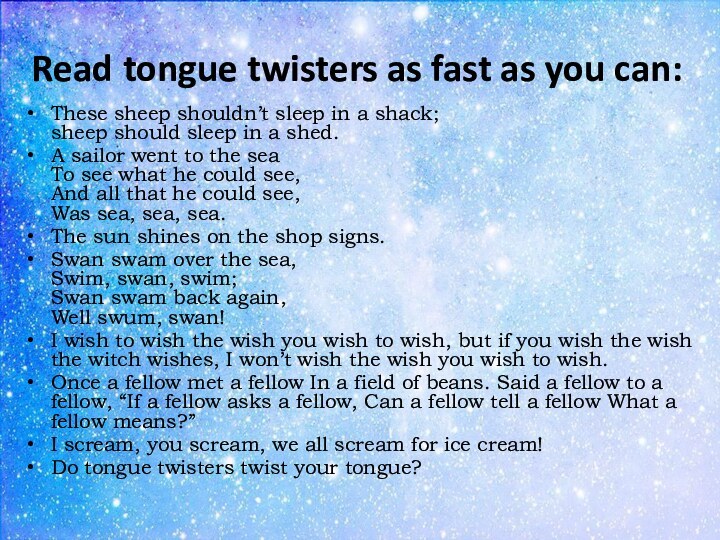
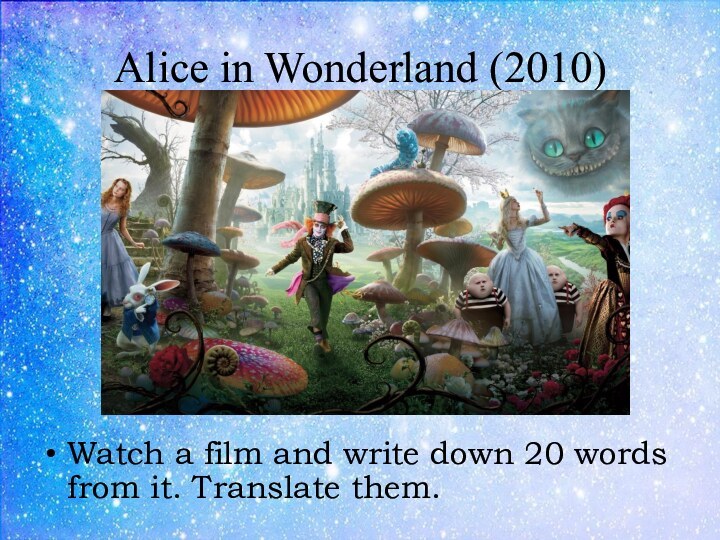
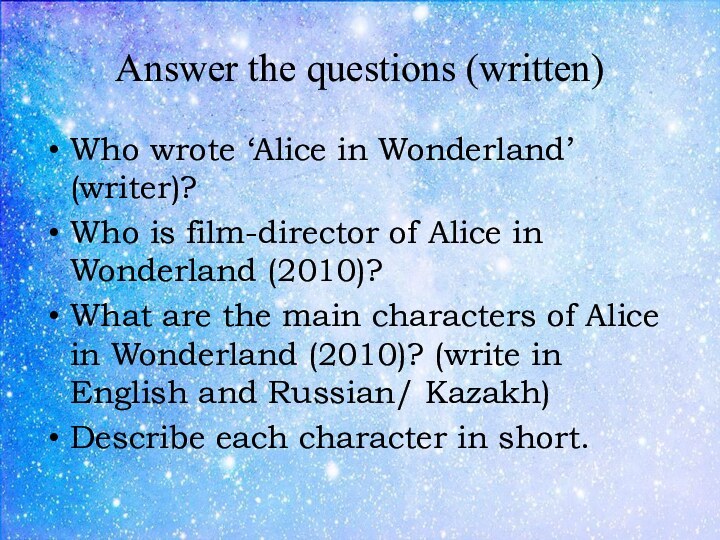
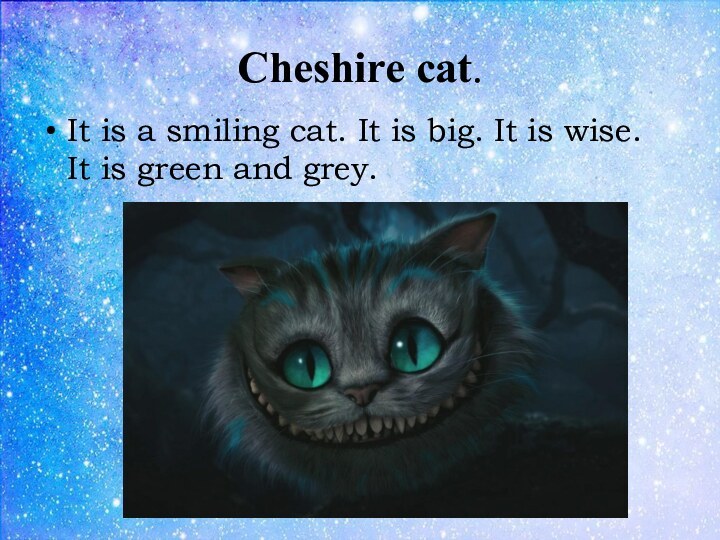
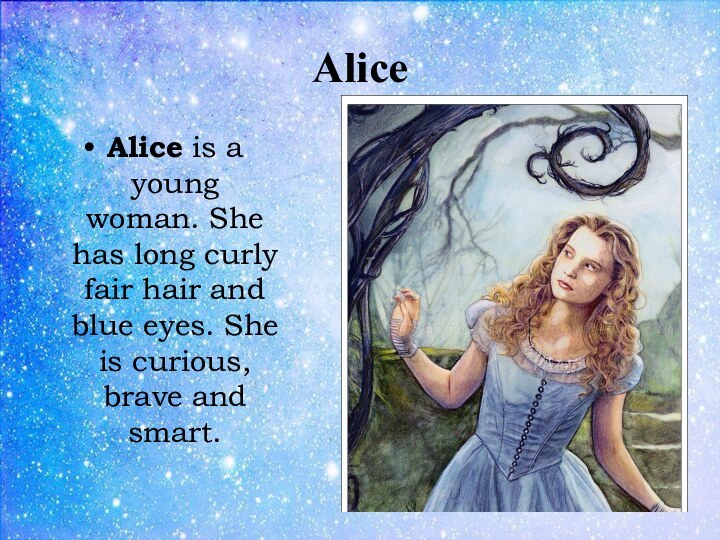
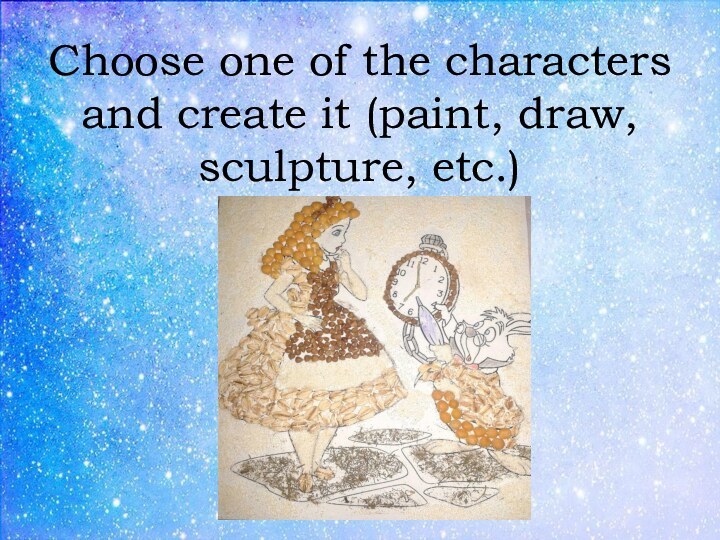
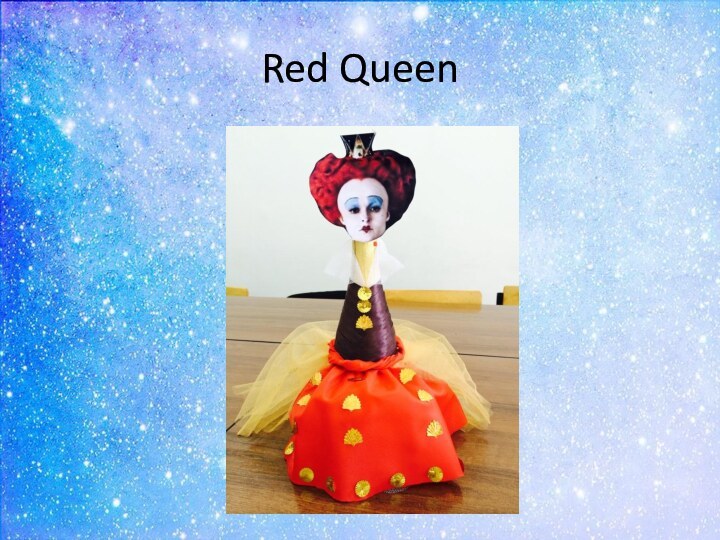
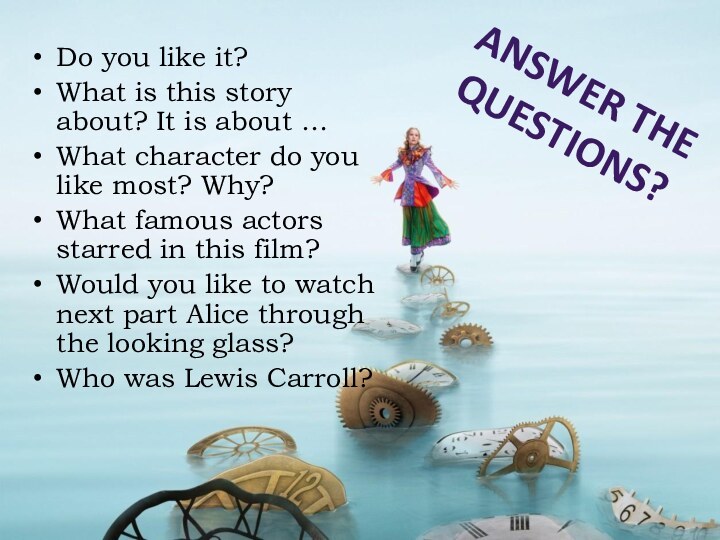
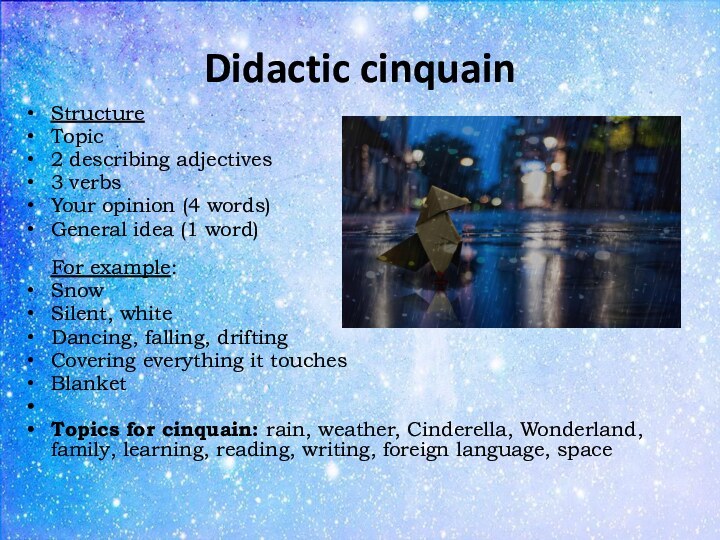
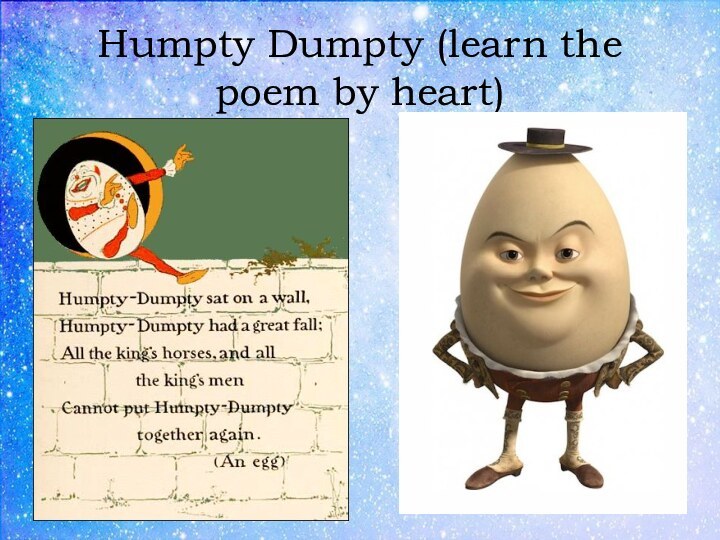
Слайд 3
Answer the questions:
Do you like reading?
What is your
favourite book (s)?
What is your favourite book character?
What is
your favourite film adaption of the book?What English and American children writers do you know?
Слайд 4
Assignments
Translate the key words of practical lesson
#10
Practice their reading
Record your reading these key words with
translationLearn the questions and answer them (write in your notebook). Record your reading.
Work with the film ‘Alice in Wonderland’.
Choose 5 tongue twisters and read them as fast as you can.
Didactic cinquain.
Слайд 5 What can you do to develop as a
teacher?
I can try a blind observation.
I can keep a
teaching diary.I can talk to other teachers.
I can read about my profession in teaching journals, books, online articles, blogs, etc.
I can try team teaching.
I can give a workshop at my school.
I can start a professional community.
I can pass (пройти) professional training.
I can try new ideas and look for ways to learn more about your profession.
Слайд 6
What are principles of educational process?
Principle of visualization
Principle
of individualization
Principle of humanization
Principle of collaboration
Principle of rationalization
Principle
of continuityPrinciple of lifelong learning
Principle of mobility
Principle of system
Principle of coherence
Principle of accessibility
Principle of activity
Principle of integration
Слайд 7
What are forms of organizing educational process?
There are
main, extra and auxiliary forms of organizing educational process.
The
main form of organizing educational process is a lesson.There are 2 types of lesson: traditional (for example) and non-traditional.
The extra forms include (включают в себя) …
The auxiliary forms include …
Слайд 8
Questions:
What traditional methods of teaching do you know?
What
non-traditional methods of teaching do you know?
What traditional educational
technologies do you know?What non-traditional educational technologies do you know?
What author’s educational technologies do you know?
Слайд 9
Six thinking hats
deal with – иметь дело
White hat
deals with information and facts.
Red hat deals with emotion,
feelings and intuition.Yellow Hat deals with brightness and optimism.
Black Hat deals with judgment, critic and disadvantages.
Green Hat deals with creativity, possibilities and new ideas.
Blue Hat deals with management of thinking process.
Слайд 10
Read tongue twisters as fast as you can:
A
big black bug bit a big black bear,
A big
black bear bit a big black bug.A box of biscuits, a batch of mixed biscuit.
It appears that peers prefer pears particularly if pears are presented in pairs.
Tomorrow is the third Thursday of this month.
Thirty thousand thirsty snakes thirstily drank three thousand lakes.
Whether the weather is cold, or whether the weather is hot, We’ll be together whatever the weather, whether we like it or not.
I thought a thought. But the thought I thought wasn’t the thought I thought I thought.
Flee from fog to fight flu fast!
Red lorry, yellow lorry, red lorry, yellow lorry.
‘Round and ‘round the rugged rocks the raggedly rascal ran.
Слайд 11
Read tongue twisters as fast as you can:
These
sheep shouldn’t sleep in a shack; sheep should sleep in
a shed.A sailor went to the sea To see what he could see, And all that he could see, Was sea, sea, sea.
The sun shines on the shop signs.
Swan swam over the sea, Swim, swan, swim; Swan swam back again, Well swum, swan!
I wish to wish the wish you wish to wish, but if you wish the wish the witch wishes, I won’t wish the wish you wish to wish.
Once a fellow met a fellow In a field of beans. Said a fellow to a fellow, “If a fellow asks a fellow, Can a fellow tell a fellow What a fellow means?”
I scream, you scream, we all scream for ice cream!
Do tongue twisters twist your tongue?
Слайд 13
Answer the questions (written)
Who wrote ‘Alice in Wonderland’
(writer)?
Who is film-director of Alice in Wonderland (2010)?
What are
the main characters of Alice in Wonderland (2010)? (write in English and Russian/ Kazakh)Describe each character in short.
Слайд 15
Alice
Alice is a young woman. She has long
curly fair hair and blue eyes. She is curious,
brave and smart.
Слайд 18
Do you like it?
What is this story about?
It is about …
What character do you like most?
Why?What famous actors starred in this film?
Would you like to watch next part Alice through the looking glass?
Who was Lewis Carroll?
Answer the
questions?
Слайд 19
Didactic cinquain
Structure
Topic
2 describing adjectives
3 verbs
Your opinion (4 words)
General
idea (1 word)
For example:
Snow
Silent, white
Dancing, falling, drifting
Covering everything it
touchesBlanket
Topics for cinquain: rain, weather, Cinderella, Wonderland, family, learning, reading, writing, foreign language, space
